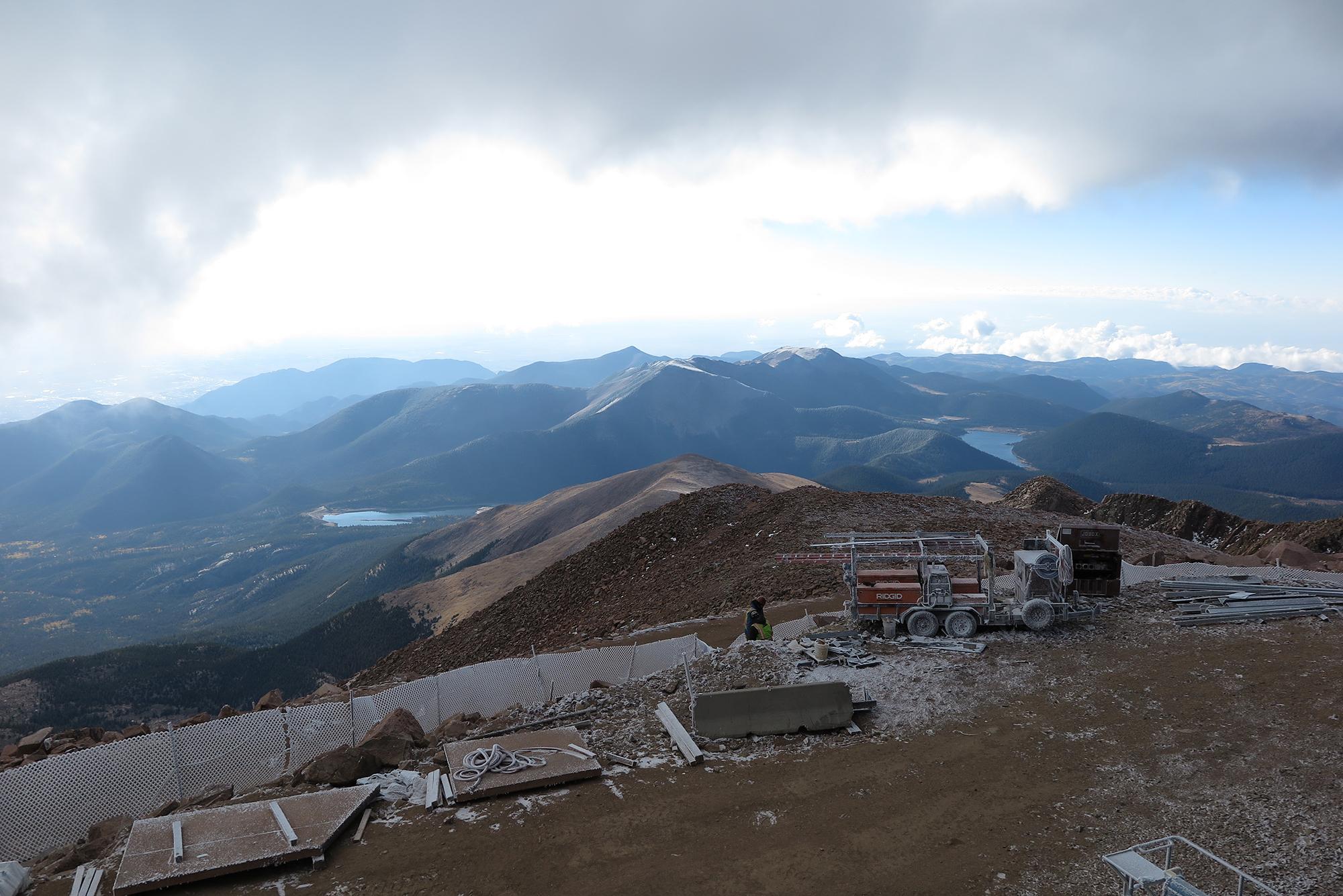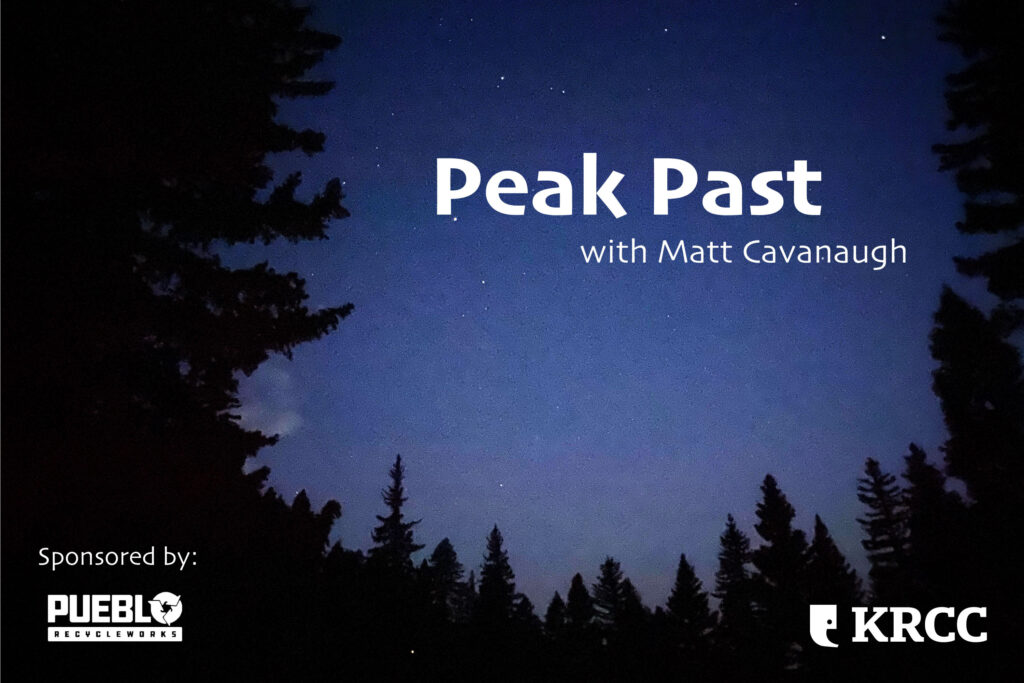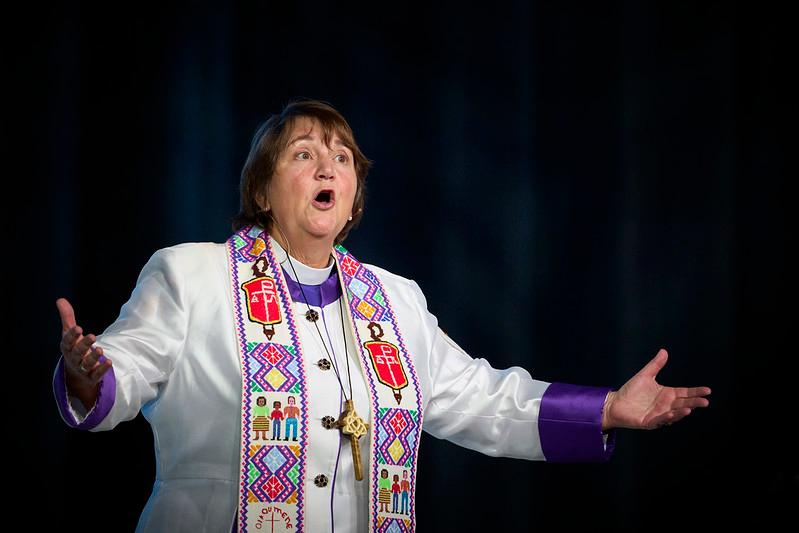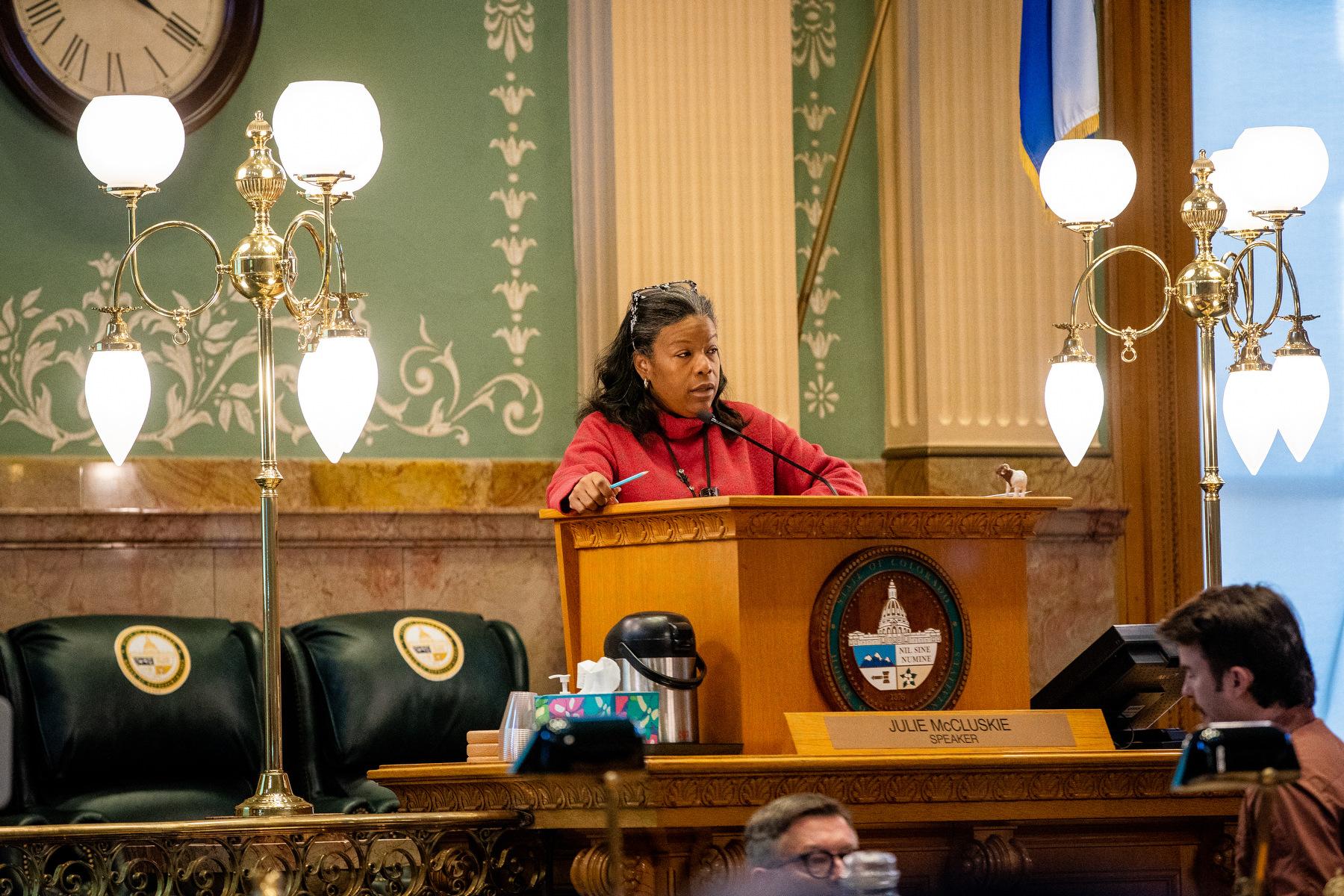
This is part of KRCC's 'Peak Past' essay series.
Robert Frost once wrote, “good fences make good neighbors,” but the fence matters less if both sides agree on where their land ends. This wasn’t an issue with the Native peoples that first roamed the Pikes Peak region. But 200 years ago the border between the U.S. and Spain ran right through what’s now Colorado.
There wasn’t any GPS, or even many maps then, so there were plenty of arguments over who owned what.
American Secretary of State John Quincy Adams and Spanish diplomat Luis de Onís signed what’s now known as the Adams-Onís Treaty, which took effect on Feb. 22, 1821. It's also referred to as the Transcontinental Treaty. The agreement granted Florida to the United States, and set an official boundary between the U.S. and Spain here in the West.
Of the treaty’s 16 articles, the third addresses southern Colorado.

It sets the border as “the River Arkansas…following the Course of the Southern bank of the Arkansas to its source in Latitude.”
The southern edge of the Arkansas became the boundary. North and east of the river was America; south and west of the river was Spain.
In modern terms, if you were south of the Arkansas River in Pueblo, you’d have been in Spain. Salida and Buena Vista, you’d have been on the Spanish side, too.
Leadville’s trickier, because that’s where the Arkansas River’s headwaters are. But I reckon Leadville’s land would’ve been on American soil in 1821, even if it wasn’t to become a city for about another half-century.
And not one year after the first Americans ascended what would later become Pikes Peak, “America’s Mountain” firmly became an American mountain.
Until our next mountainside chat—be good, be well, and no matter what, climb on.

Peak Past (formerly Peak Perspectives) is a weekly segment written and voiced by Matt Cavanaugh, a lieutenant colonel in the U.S. Army and a resident of Manitou Springs where he lives with his wife and two young children. Through his writing, Cavanuagh explores life in the Pikes Peak region, including the gradients and subtleties of our lives in the shadow of America's Mountain.
You can find more work by Cavanaugh here.
KRCC's Abigail Beckman manages the "Peak Past" series. The opinions expressed in this publication are those of the authors. They do not purport to reflect the opinions or views of KRCC or Colorado Public Radio.
Peak Past is sponsored by Pueblo Recycle Works.









